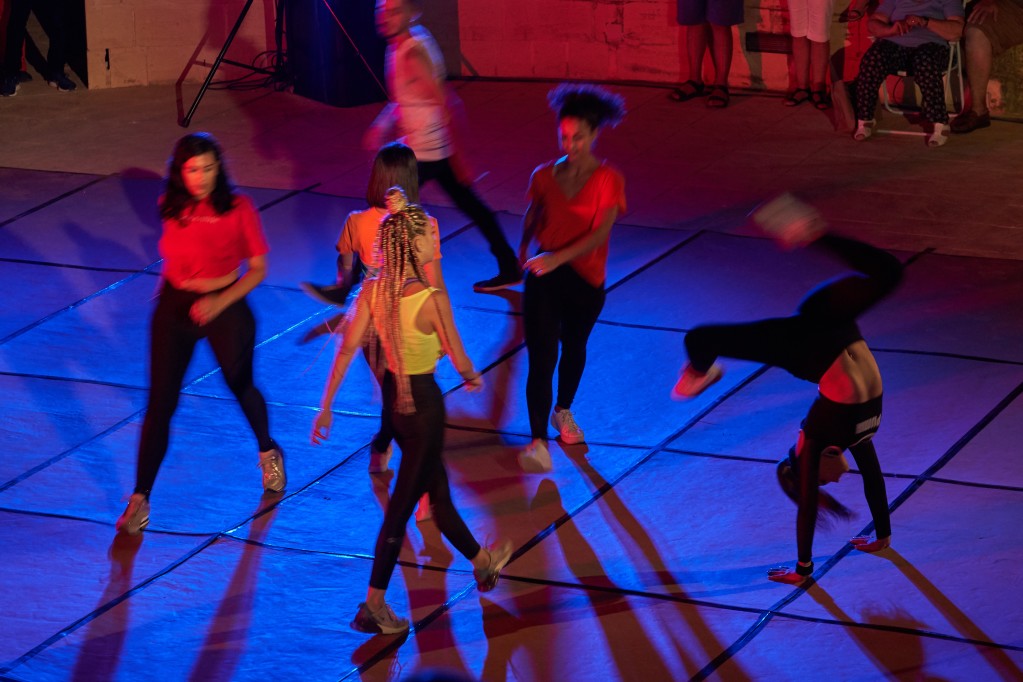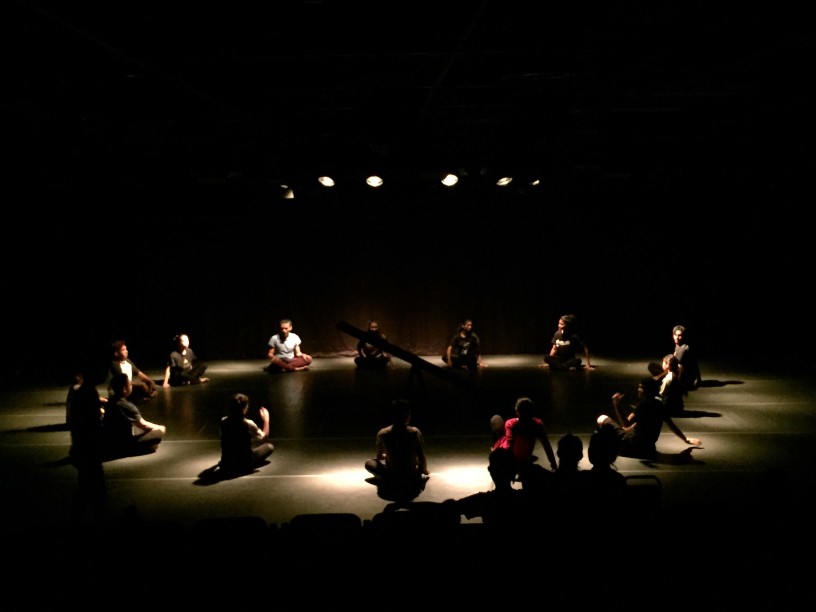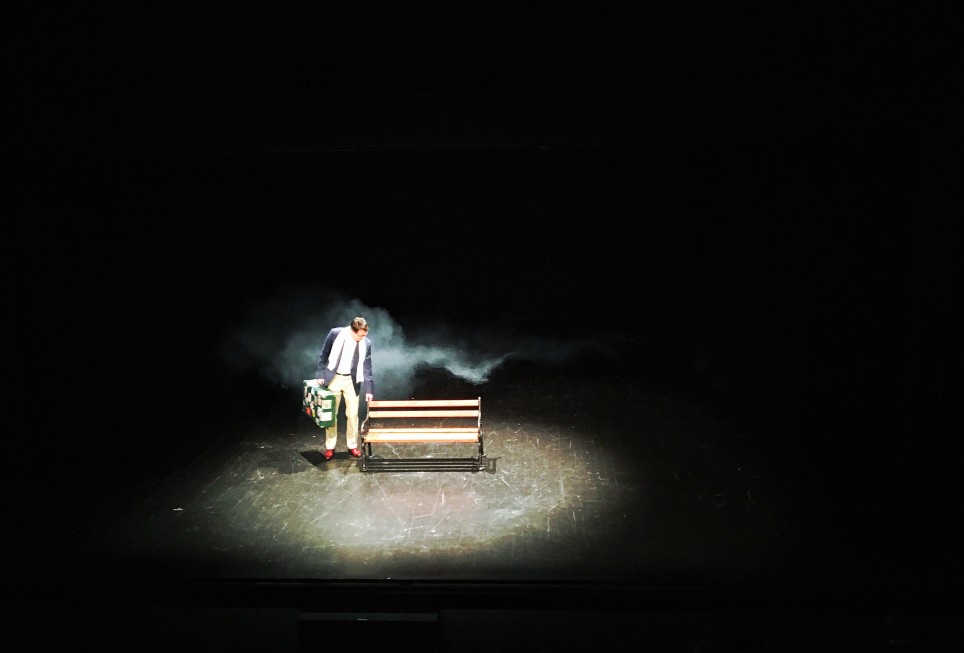What Does Improv Mean in Acting?
Improvising is an art form where actors work together to create a reality. The actors are encouraged and expected to accept the elements of the scene. They must also agree with them to make the scene real. These elements are part of play so actors must keep the basic rules for improv in their minds. In addition, they must avoid negation.
Improv games are a result of play
Although improv games can be more difficult to initiate and encourage than conversational games, they are still very valuable. They require physical interaction as well as interaction with others. However, improv games should excite and not alienate participants. They can be used in team-building activities to improve the performance of the group. And, of course, they can be used as fun and effective ways to break down barriers.

Improv games are essentially theatre sports, and have strong ties to comedy. John Dewey, the inventor of these games, designed them for serious and comic performances. These games can be played by one to four people and last approximately ten minutes. They are a great way to get started on your own improv-writing skills. Below are some improv games you can use to get started.
Improvisers create a reality, even though they don’t know their full plan
Actors and writers create a base reality prior to each scene in improvised scene work. The base reality informs both actors and audiences about the characters and setting for each scene. As the scene unfolds, the imaginary reality plays out. This is a great way to act. Apart from the many benefits of improv you also have a higher chance of creating the best scene.
Improv is a wonderful way to express your feelings. You can explore taboo topics like love and hate in a safe environment. But improv is not about doing vile things for laughs or acting disgustingly. Improv is not about being able to express everything. In real life, drama is about unexpressed desire and pain, and dreams that are not spoken or considered.
Improvisers are encouraged and encouraged to respect the continuity and validity of the imaginary environments
Acting improv is a great way to help actors deal when they are under time pressure or in situations where they can’t rely on their reasoning to decide the best course. Improvising agents must choose among a variety of possible actions and states. By doing so, improvisers are encouraged to respect the validity and continuity of the imaginary environment in acting. Actors should remember that a gun, table, or other object can cause serious injury. However, if someone were to fall through it, they would die.
The research team’s work has already been translated into a number of disciplines. Improvisation and robots are two common examples. All artists, musicians, and designers share similar concerns. However, their approach emphasizes subtle aspects of humanness in improvisation. They focus on risk, vulnerability, and empathy, while CIS and engineering students emphasize technological limitations. The divergent vocabulary highlights the need for cross-disciplinary collaborations.
Improvisers must agree to the imagined elements of their scene or moment
In order for an improvised scene to be successful, improvisers must agree to the imagined components of their moment or scene. Actors deliberately place their fellow improvisers into situations that may not allow them to respond appropriately when improvising. This forces improvisers to think about a plausible interpolation process. For example, a performer might change his or her name to Blaze Thunder, while a co-improviser might ask, “And in between?” This forced the performer into a plausible interpolation process.
Actors should avoid overacting when improvising. Instead they should prioritize scene development over scene presentation. “Scene development should be preferred over scene exposition,” Napier argues. “Although there may be times when improvisers need to create an ending or a climax for a scene, they must agree to these imagined elements in the scene to make it work.”


